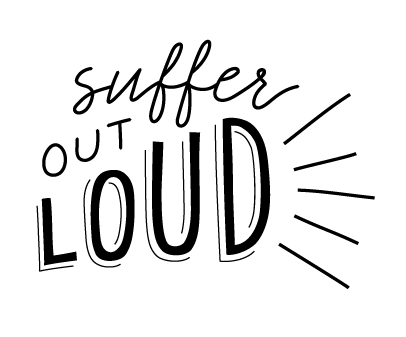Be a burden, it is okay.
Blair Anne Hensen
Suicide is the tenth leading cause of death in the United States and Montana has one of the highest suicide rates in the country due to risk factors including: vitamin D deficiency, distance from healthcare, stigma of health care (western “boot strap” mentality that if you are “tough” you will be fine,) lack of behavioral health services, living in a high elevation where there is less oxygen, higher access to lethal means, higher populations of marginalized people groups, and higher substance use (Rosston, 2021). This list is not exhaustive, as there are other indicators such as coping with loss, mental health disorders, social isolation, perfectionism, family distress, chronic illness and significant life changes.
Suicidal thoughts may appear when there is a sense of hopelessness or pain; when on our own we exhaust our efforts when coping with a loss, a perpetual problem, or worse, we think we are the problem. When faced with such difficulty it is hard to see a way out of the pain, and the truth is, we may not be able to see that way through without support. I often hear “I do not want to be a burden,” and the reality is, we are all both burdens and supports in our relationships. Asking for help takes an incredible amount of courage, and as humans, we simply are not designed to go through life’s challenges alone. Human connection is one of our greatest survival tools.
At times, someone may need to request boundaries in their care for others, and while that can be difficult to hear it does not mean you are not worthy of care. It may mean you need a wider support circle. While, it does not always feel easy to reach out for help or connection, I want people to know there are people who really do want to help you and know what to do to help keep you safe! There are many different kinds of resources accessible when you need more support. Some can be found at the resource page on Suffer Out Loud, and include how to connect with a counselor, a crisis support line, or support groups.
When reaching out to a resource it may feel nerve-wracking, that is normal when something is new, or you are not sure what to expect. Know that if you use a crisis line a volunteer will be there to listen and support you by helping you establish safety for yourself—whether it means getting you connected to an emergency service or supporting you through a difficult moment of despair.
Counselors/social workers/psychologists are there to help you learn more about your mental health by helping you encounter difficult emotions, understand thoughts and beliefs about yourself, and find solutions that fit for you. If you are in an emotional crisis, calling a crisis center is a great place to start, often the volunteer can help you link up with additional resources including counseling. If you are worried you or someone you know is at risk for suicide and can’t stay safe in the immediate call 911 or go to your closest emergency room.
When we are going through difficulty there are often many emotions that arise, and it may be difficult to know how to navigate them. Emotions are our bodies way of communicating how an experience is impacting us and offers information about what we care about. Emotions at their core, are energy, and need release in healthy ways or they can stay stored in our bodies. Counseling helps clients build insight and establish coping skills to care for emotions and thoughts. If you want to find a counselor check out Psychology Today or the Bozeman Help Center for a list of counselors in your area. Call a few that fit your needs to get started and inquire about openings, cost, and areas of specialty to determine a good fit. There is a great blog post here, about finding the right counselor for you!
Creating safety when struggling with suicidal thoughts:
Acknowledge and normalize suicidal thoughts, as they often show up when we feel a sense of hopelessness when coping with pain.
Talk about what you are going through with loved ones and mental health professionals. You do not have to face your pain alone!
Take suicidal thoughts seriously as a warning sign that you need more support.
When you notice suicidal thoughts move towards something that brings you safety and care (i.e. go for a walk in the sunshine, watch a favorite show, call a friend or loved one, or make a nice meal).
Reduce access to any means that put you at risk for death while you are struggling. (i.e. can you ask a friend or loved one to store those means while you are in crisis).
Reduce substance use when you are struggling to prevent impulsive or risky decisions.
Make a safety plan with your support network if you are noticing suicidal thoughts so you have a process for assessment and a care plan (the MY3 app offers resources for creating a safety plan).
Reach out to professional support such as the Bozeman Help Line (406-586-3333) or the National Suicide Hotline (800-273-8255). Both are available 24 hours a day!
You do not have to suffer with suicidal thoughts. Seek support, call crisis help lines, talk with your doctor and seek out a mental health provider. Remember we are stronger together!
Blair Anne Hensen is a licensed clinical professional counselor (LCPC) in Bozeman, Montana. She works as a counselor in private practice for couples, families and individuals. Blair specializes in relationship building by helping couples reduce reactivity, increase inner awareness of thoughts and emotions, and improve connection. Blair is working to actively minimize the stigma around emotions, mental health, and relationship issues.
